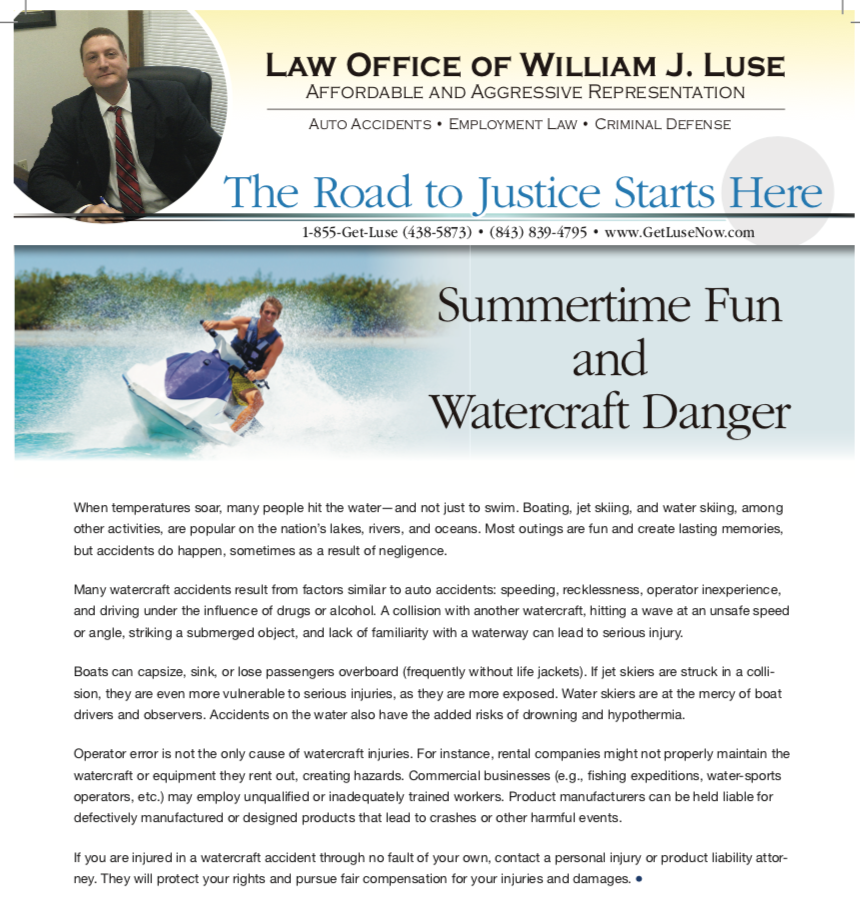 If you or someone you love has been injured in an accident with a commercial truck, you may be entitled to compensation. These damages awarded by the court or negotiated with the insurance company can help cover the cost of medical expenses, property damage, and lost wages if you are out of work.
If you or someone you love has been injured in an accident with a commercial truck, you may be entitled to compensation. These damages awarded by the court or negotiated with the insurance company can help cover the cost of medical expenses, property damage, and lost wages if you are out of work.
Commercial trucks are many times larger and heavier than personal vehicles. This disparity in size and weight often results in severe property damage and sometimes catastrophic injuries. When a truck accident is not your fault, you should not have to bear the financial burden that follows.
What Does a Truck Driver’s Travel Log Contain?
Before December 2017, truck drivers were required to manually record their hours of service. These hours of service are mandated by the Federal Motor Carrier Safety Administration (FMCSA). Federal limitations on a trucker’s hours of service are designed to reduce the risk that drivers who are exhausted will cause accidents. The stipulations set by the FMCSA help limit the number of hours a truck driver is allowed behind the wheel or on duty.
- 11-hour driving limit: A truck driver is allowed to drive a maximum of 11 hours after ten consecutive hours off duty.
- 14-hour limit: A driver may not drive beyond 14 consecutive hours after coming on duty after ten consecutive hours off duty.
- 30-minute break: Drivers must take at least a 30-minute break after driving eight cumulative hours without at least a 30-minute interruption. Any non-driving period of 30 consecutive minutes satisfies this rule.
- 60/70-hour limit: Drivers may not drive more than 60/70 hours in 7/8 consecutive days. The 7/8 consecutive period restarts after a driver has had 34 or more consecutive hours off duty.
Since December 2017, all commercial trucks have been required to use an electronic logging device (ELD) that takes the place of a manually recorded paper log. Drivers may still use paper logbooks as a backup in case there’s an equipment malfunction.
The ELD was congressionally mandated and intended to help create a safer work environment. The device also makes it easier to accurately track, manage, and share records. The ELD communicates with the truck’s onboard computer to automatically record driving time and help drivers comply with the FMCSA hours of service requirements.
Why Is a Travel Log Important After an Accident?
The travel log contains valuable information that can be used after an accident to help determine whether the driver was over the limit of hours they are allowed to drive. Drowsy driving was responsible for at least 91,000 crashes and 50,000 injuries in 2017. Roughly half of Americans admit they consistently get behind the wheel while sleepy, and nearly 20 percent admit to having fallen asleep behind the wheel in the past year.
Fatigued driving creates physiological responses that are similar to driving under the influence of alcohol. Reaction times are slowed, and drivers have difficulty maintaining attention and focus. Going more than 20 hours without sleep is equivalent to driving with a blood-alcohol level of 0.08%, which is the U.S. legal limit. Data also shows that people who are drowsy are three times more likely to be in a car crash.
 A truck driver’s ELD will automatically record the truck’s:
A truck driver’s ELD will automatically record the truck’s:
- Date, time, and location information
- Engine hours
- Vehicle miles
- Identification information for the driver
- Authenticated user
- Vehicle motion status
- Motor carrier
Additionally, the driver must also manually write a record of duty status (RODS). The driver must complete one every 24 hours. Failure to complete the RODS or knowingly falsify the log opens the driver and carrier to prosecution. The RODS contains information about on-duty activities other than driving. For example, the log will have information about the driver’s breaks, tire checks, load checks, and meals. This information is required to show the driver is in compliance with the requirements for the hours of service regulations.
Each of these pieces of information is important and may help support your case. Drivers who knowingly attempt to falsify data can be prosecuted, and their company may be held responsible. Even when a driver is operating within the hours-of-service limitations, an investigation may reveal they were not sleeping during their off-duty hours.
Contact the Law Office of William J. Luse, Inc. Accident & Injury Lawyers Today for Help After a Truck Accident
After an accident with a commercial truck, you may be facing a long period of recovery. The trucking company will be legally represented and you should be, too. The trucking company’s insurance company may initially send an insurance adjuster to ask questions. They may also offer an early settlement.
These insurance adjusters are expert negotiators and seek to limit the financial liability of their company. Don’t speak with an insurance adjuster without your attorney present. This can help prevent you from inadvertently saying something that could negatively affect your case.
The experienced legal team at the Law Office of William J. Luse, Inc. Accident & Injury Lawyers will fight tenaciously to protect your legal rights. It is our mission to help you receive fair compensation for injuries you received through the negligence of others. Call our offices today at (843) 839-4795 for a confidential legal consultation.

 If you were involved in a truck accident due to the truck driver’s negligent actions, you should contact the
If you were involved in a truck accident due to the truck driver’s negligent actions, you should contact the 








